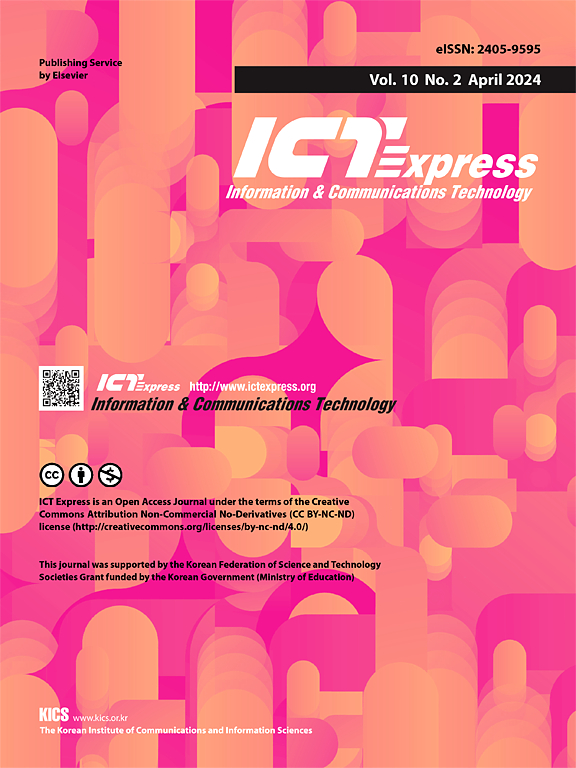Towards fault-tolerant distributed quantum computation (FT-DQC): Taxonomy, recent progress, and challenges
IF 4.2
3区 计算机科学
Q1 COMPUTER SCIENCE, INFORMATION SYSTEMS
引用次数: 0
Abstract
As the works on quantum computing have seen substantial development in recent years, we are on the verge of seeing the fruitful result of the preliminary, early version of quantum computers. Nevertheless, in order to achieve full-fledged, large-scale quantum computers, two aspects still lacking in the existing quantum computers, i.e., scalability and reliability, will need to be more carefully considered and investigated. In this survey, we present a review of existing literature that aims to alleviate the scalability and reliability issues in quantum computers. In particular, we discuss how existing research leads to two main solutions: for advancing scalability, a distributed quantum computing (DQC) paradigm will be the primary direction instead of the general centralized quantum computing (CQC), whereas for attaining reliability, a fault-tolerant quantum computation (FTQC) approach would need to be leveraged instead of the existing noisy intermediate-scale quantum computers (NISQ). Combining both solutions, we highlight the essentiality of fault-tolerant distributed quantum computation (FT-DQC) and present related progress in the field. Furthermore, from the papers that we have gathered, we provide the taxonomy of the works to give a clearer landscape of the field and discuss the key issues in realizing FT-DQC.
迈向容错分布式量子计算(FT-DQC):分类、最新进展和挑战
随着近年来量子计算工作的长足发展,我们即将看到量子计算机的初步、早期版本的丰硕成果。然而,为了实现成熟的大规模量子计算机,现有量子计算机仍然缺乏两个方面,即可扩展性和可靠性,需要更加仔细地考虑和研究。在本调查中,我们对现有文献进行了回顾,旨在缓解量子计算机的可扩展性和可靠性问题。特别是,我们讨论了现有研究如何导致两种主要解决方案:为了提高可扩展性,分布式量子计算(DQC)范式将成为主要方向,而不是一般的集中式量子计算(CQC),而为了获得可靠性,需要利用容错量子计算(FTQC)方法,而不是现有的噪声中等规模量子计算机(NISQ)。结合这两种解决方案,我们强调了容错分布式量子计算(FT-DQC)的重要性,并介绍了该领域的相关进展。此外,从我们收集的论文中,我们提供了作品的分类,以提供该领域更清晰的景观,并讨论实现FT-DQC的关键问题。
本文章由计算机程序翻译,如有差异,请以英文原文为准。
求助全文
约1分钟内获得全文
求助全文
来源期刊

ICT Express
Multiple-
CiteScore
10.20
自引率
1.90%
发文量
167
审稿时长
35 weeks
期刊介绍:
The ICT Express journal published by the Korean Institute of Communications and Information Sciences (KICS) is an international, peer-reviewed research publication covering all aspects of information and communication technology. The journal aims to publish research that helps advance the theoretical and practical understanding of ICT convergence, platform technologies, communication networks, and device technologies. The technology advancement in information and communication technology (ICT) sector enables portable devices to be always connected while supporting high data rate, resulting in the recent popularity of smartphones that have a considerable impact in economic and social development.
 求助内容:
求助内容: 应助结果提醒方式:
应助结果提醒方式:


